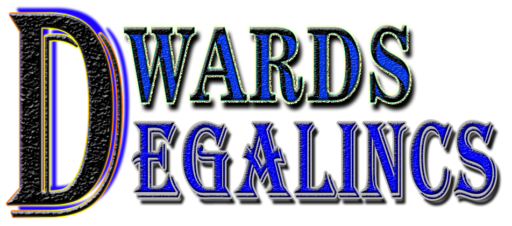In today’s fast-paced digital landscape, the marketplace business model has emerged as a dominant force, reshaping industries and empowering entrepreneurs. This article explores the dynamics of the marketplace business model, its key features, advantages, and its impact on the global economy.
The Essence of a Marketplace Business Model
At its core, a marketplace is a digital platform that brings together buyers and sellers, enabling them to transact seamlessly. These platforms serve as intermediaries, creating an ecosystem where diverse products and services can be bought and sold. The key characteristics that define a marketplace business model include:
- Two-Sided Network: Marketplaces cater to both buyers and sellers, creating a mutually beneficial relationship. A larger user base attracts more sellers, offering a wider range of choices, which, in turn, attracts more buyers.
- Facilitation, Not Ownership: Marketplaces do not own the products or services listed on their platforms. Instead, they provide the infrastructure and tools necessary for transactions to occur. This allows for flexibility and scalability.
- Rating and Review Systems: Trust is a cornerstone of marketplace success. Many platforms implement rating and review systems, allowing users to provide feedback and build reputations. This enhances trust and transparency within the ecosystem.
Read Also: Rakbank Online Business Banking A Gateway to Streamlined Finances
The Advantages of the Marketplace Business Model
- Enhanced Competition: Marketplaces foster competition by breaking down geographical barriers. Small and large businesses can compete on an equal footing, often resulting in better prices and quality for consumers.
- Innovation Hub: Marketplaces encourage sellers to innovate and differentiate themselves. This competition leads to the continuous development of new products and services, benefiting both businesses and consumers.
- Efficiency and Convenience: By centralizing transactions and offering advanced search and recommendation algorithms, marketplaces simplify the buying process, reducing search costs for consumers.
- Global Reach: Sellers can access a global customer base without the need for extensive marketing or distribution networks, thus expanding their reach.
- Trust and Safety: Most marketplaces implement trust and safety measures, such as identity verification and dispute resolution systems, ensuring a secure environment for transactions.
Read Also: Understanding the Cost of Hiring Business Plan Writers
Challenges and Future Considerations
Despite their many advantages, marketplace business models face challenges:
- Regulatory Complexity: Navigating various legal and regulatory landscapes can be complex for marketplace operators, especially when operating in multiple regions.
- Quality Control: Ensuring consistent product or service quality across a diverse array of sellers can be challenging.
- Counterfeit and Fraud: Marketplaces need to address issues related to counterfeit products and fraudulent sellers, which can harm trust.
- Maintaining Fair Competition: Maintaining a level playing field for all sellers and avoiding monopolistic behavior is an ongoing concern.
In the future, marketplace business models are likely to evolve further:
- Industry Expansion: Marketplaces may continue expanding into new industries and sectors, such as healthcare, education, and professional services.
- Blockchain and Decentralization: Emerging technologies like blockchain may enhance transparency and trust within marketplace ecosystems.
- Sustainability Focus: Marketplaces may increasingly prioritize sustainability and ethical practices in response to consumer demand.
In the marketplace business model has revolutionized commerce by fostering competition, driving innovation, and providing a global platform for buyers and sellers. While challenges persist, these platforms continue to adapt and shape the future of business and consumer interactions in the digital age. As technology advances and regulations evolve, the marketplace model remains a driving force in the global economy.


